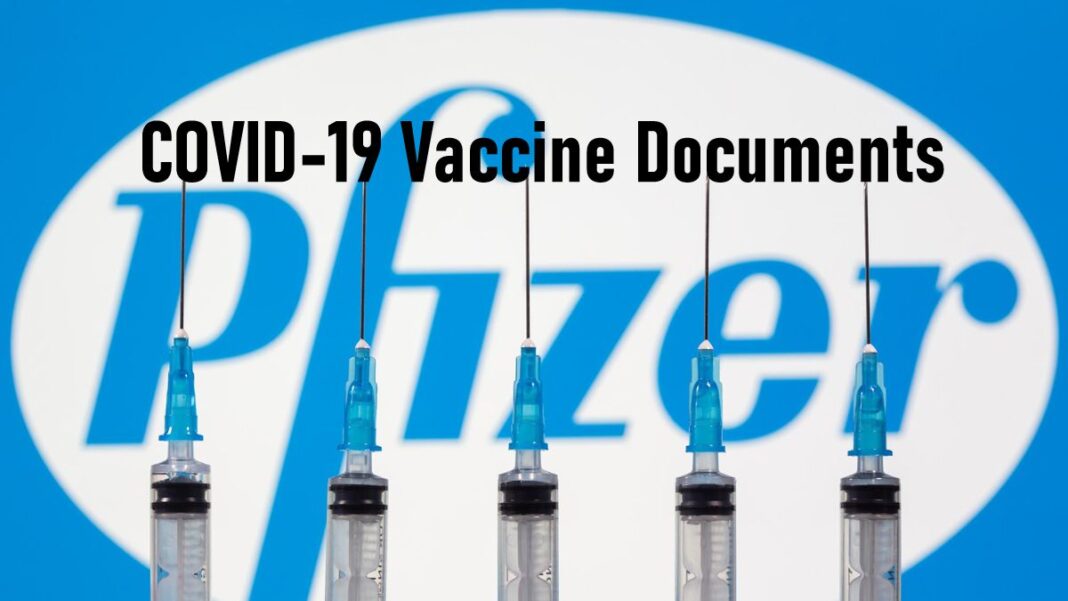Now, independent scientists and researchers can see everything the FDA saw when it made its decision that this vaccine was “safe and effective.”
The FDA released the final batch of documents it relied upon in licensing Pfizer’s Comirnaty COVID-19 vaccine for ages 16 and up—more than 800 days after the agency approved the shot.
The documents are “finally in the hands of the public, where they belong,” the Informed Consent Action Network said in a press release. “Now, independent scientists and researchers can see everything FDA saw when it made its decision that this vaccine was ‘safe and effective.’”
The recent documents disclosed as part of a Freedom of Information Act (FOIA) lawsuit against the U.S. Food and Drug Administration (FDA) show the agency knew its safety monitoring system was “not sufficient” for assessing the risk of heart conditions associated with Pfizer’s COVID-19 vaccine when it licensed the company’s “Comirnaty” vaccine.
Documents also reveal numerous manufacturing problems in Pfizer batches released to the public and show the FDA knew about a phenomenon known as vaccine-associated enhanced disease (VAED) in those vaccinated who experience breakthrough COVID-19.
FDA Knew Safety Monitoring System Was ‘Not Sufficient’
Federal health agencies claim COVID-19 vaccines are part of the “most intensive vaccine safety monitoring effort in U.S. history,” with “continuous” and “robust” safety monitoring that helps ensure that the vaccine’s benefits outweigh any risks. Yet the final documents released from Pfizer’s biologic product file reveal the agency knew its safety monitoring program was not sufficient to assess the serious risks of myocarditis and pericarditis associated with Pfizer’s COVID-19 vaccine.
An FDA memo in the 51,893 pages of disclosures specifically addressed the agency’s CBER Sentinel Initiative and its ability to evaluate the risk for myocarditis and pericarditis following COVID-19 vaccination. The Sentinel program is the FDA’s national electronic system used to monitor the “safety of its regulated products” and is a “major part” of the agency’s mission to “protect public health.”
The memo states:
“The CBER Sentinel Program is NOT sufficient to assess the serious risks of myocarditis and pericarditis, and subclinical myocarditis associated with COMIRNATY (BNT162b2) in lieu of PMR safety studies under FDAAA [Food and Drug Administration Amendments Act].
“At the time of BLA [Biologics License Application] approval, the data sources in the CBER Sentinel Program are not sufficient to identify the outcomes due to lack of sufficient power to assess the magnitude of risk in patients 12-30 years of age. In addition, CBER Sentinel Program is not sufficient to follow up cases for recovery status and long-term sequelae, or for identification and characterization of subclinical myocarditis cases.”















































